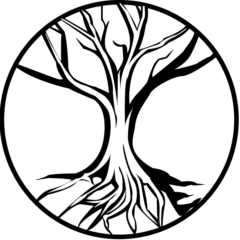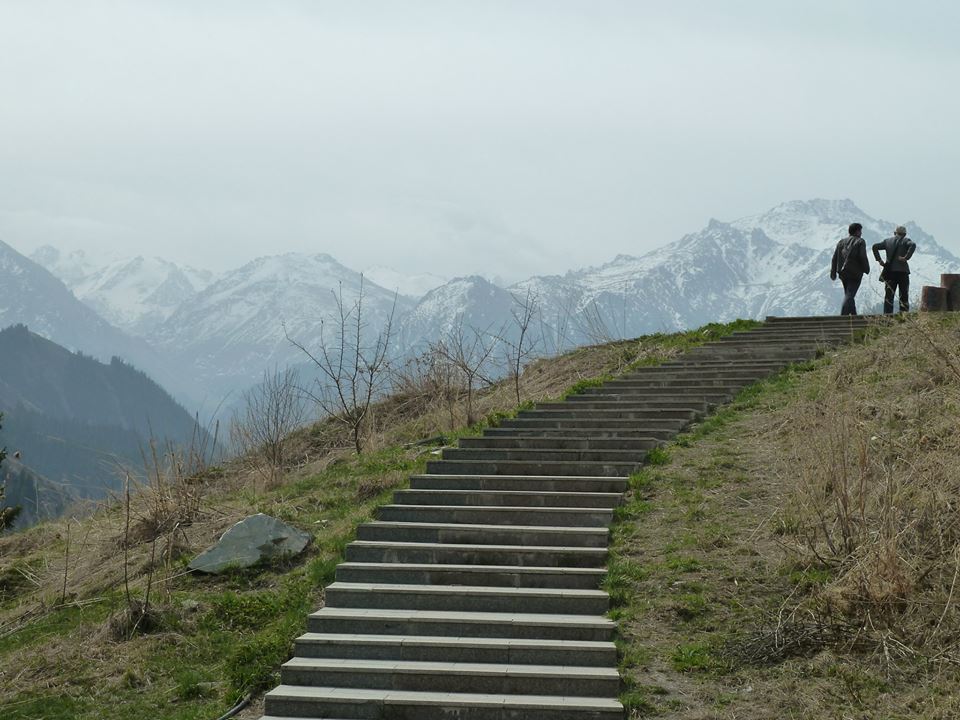Are you awake? No really, are you? You’re reading this right now, and we generally assume that if you’re busy reading something on the internet you tend to not be asleep.
But I’m still not sure how awake you are. I know I spend a lot of my waking life not really being awake, but rather I drift through life missing some of the most beautiful moments that pass me.
I’ve only realised the extent of this anomaly over the last week or so when I started a little experiment of mine. I have been constantly doing what I call ‘wake checks’.
The origins of this experiment came from my attempts to Lucid dream; when you become aware that you are dreaming and can consequently control it. It is meant to be an incredible experience, and although I haven’t succeeded yet, I’m vaguely aware that I could lucid dream to an extent when I was younger. (I have an interesting story about when my dreams stopped, but perhaps I’ll leave that for another post).
As i just said above that I hadn’t yet managed to lucid dream with the help of my wake checks, naturally i’ll be talking mainly about something other than Lucid dreams today. The fact, from my experience so far, is that wake checks do more than improve your chances of Lucid dreaming. Oh so much more.
Let me actually explain to you what my wake checks entail. The basic principle is fairly self-explanatory. You check whether or not you’re awake. I write ‘Are you awake?’ on my hand everyday in Chinese (õ¢áÚåÆÚ®¼) and look at occasionally over the course of the day. As soon as I see it in passing, I ask myself “Am I awake? Am I dreaming?”, count the fingers on my hand, close my eyes, then check my hand again, looking for abnormal changes.
This may all seem a little odd, but in a dream certain small details get distorted. By making it customary to check for abnormalities in the waking world (being the strange person I am, I hesitate to use the word ‘reality’), it should increase the chance of noticing abnormalities in a dream – triggering awareness within the dream.
The problem arises when you consider that most people would think it rather strange to check they’re awake, especially when they know that they’re awake.
The bigger problem is that they should, and are missing out in not doing so.
I’m sure you’ve heard the phrase ‘am I dreaming?’ used for when something incredulous happens. Interestingly enough, if you force the question, you start noticing plenty of incredulous things you pass every day but ignored before as ‘normal’, ‘just the way it is’, ‘boring’.
But things aren’t just ‘the way they are’ or ‘normal’. If you have ever read ‘the Kite Runner’, you may well remember the moment when the protagonist breaks down into tears because he had seen something stunningly beautiful for the first time. The sea.
What is considered normal is just what we are used to, and we tend to ignore it to an extent. An Eskimo isn’t going to be too excited If he met a Bedouin nomad telling of the wonders of icicles. Likewise, the Bedouin would be severely confused for an Eskimo in awe of expanses of sand.
Of course both places are incredible. But for someone, they are normal and for someone, what’s normal for you would be a world of experience for someone else.
You just need to see it.
And wake checks do that.
These are some of the things I hadn’t noticed – or had at least forgotten to the sea of acceptance and normality – that have come to my awareness since starting my wake checks.
-The cold isn’t as uncomfortable as we make it out to be, we just seem to be predisposed to anxiety from it. (of course I may have a different opinion of this if I still lived in Xinjiang, where it gets to -30)
– I’ve noticed patterns I never saw before in the way trees grow
– music has more depth and clarity
-The way different colours interact with each other seems clearer
-The huge amount of movement that happens in one single view at one time is incredible (this one came partly also from a recent training of my periphery vision. That in itself is another example of positive side-effects of projects as I was improving my periphery vision for speed reading rather than for increasing awareness in general)
-Fog has a very distinct smell
-I’ve realised how difficult it is to remain completely in focus of multiple actions. Try taking in everything in front of you in extreme detail whilst also trying to focus on a piece of music.
-Even if I haven’t lucid dreamed, my normal dreams are coming back (the disappearance of my dreams is worth talking about, but not today – it’s a weird story)
-I never noticed before how certain objects illuminate under streetlights at night.
-I see now just how much most people sleep-walk through life, when I see their faces in the street.
-I’ve noticed buildings and monuments I hadn’t acknowledged before.
-I’m more aware of how I feel, and as a result i’m less confused. This gives me confidence in myself.
-I feel like I need to be more productive each day. Being aware of your own wakefulness accentuates the knowledge that you are alive. We’re not alive for very long, and knowing you’re awake is a pretty good reminder that you’re still alive and need to make the most of that.
.
.
Some of those points probably appear more poignant than others, but I think that the apparently smaller insignificant points are the more exciting. When you notice how the normal is incredible, you realise that there is so much more to reassess for it’s wonder, and that in turn highlights how exciting the as of yet unseen really is.
So I’ll ask you something again…
Are you awake?
Skip to content

